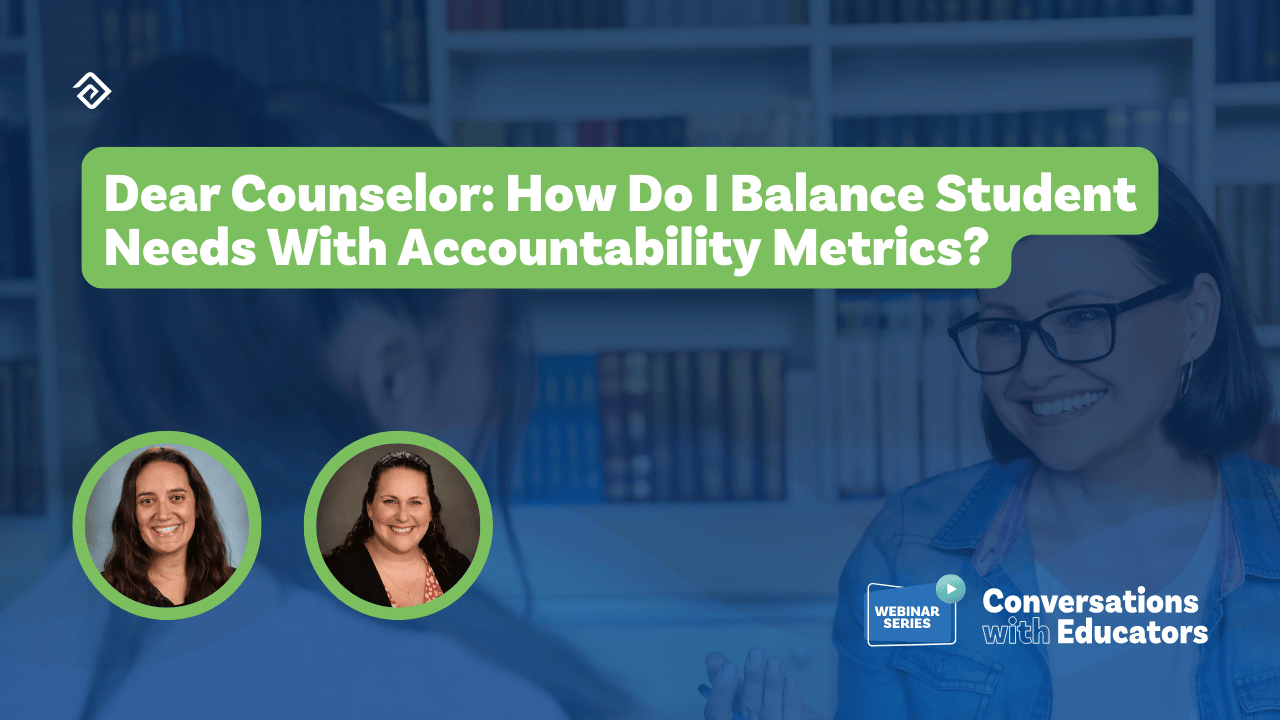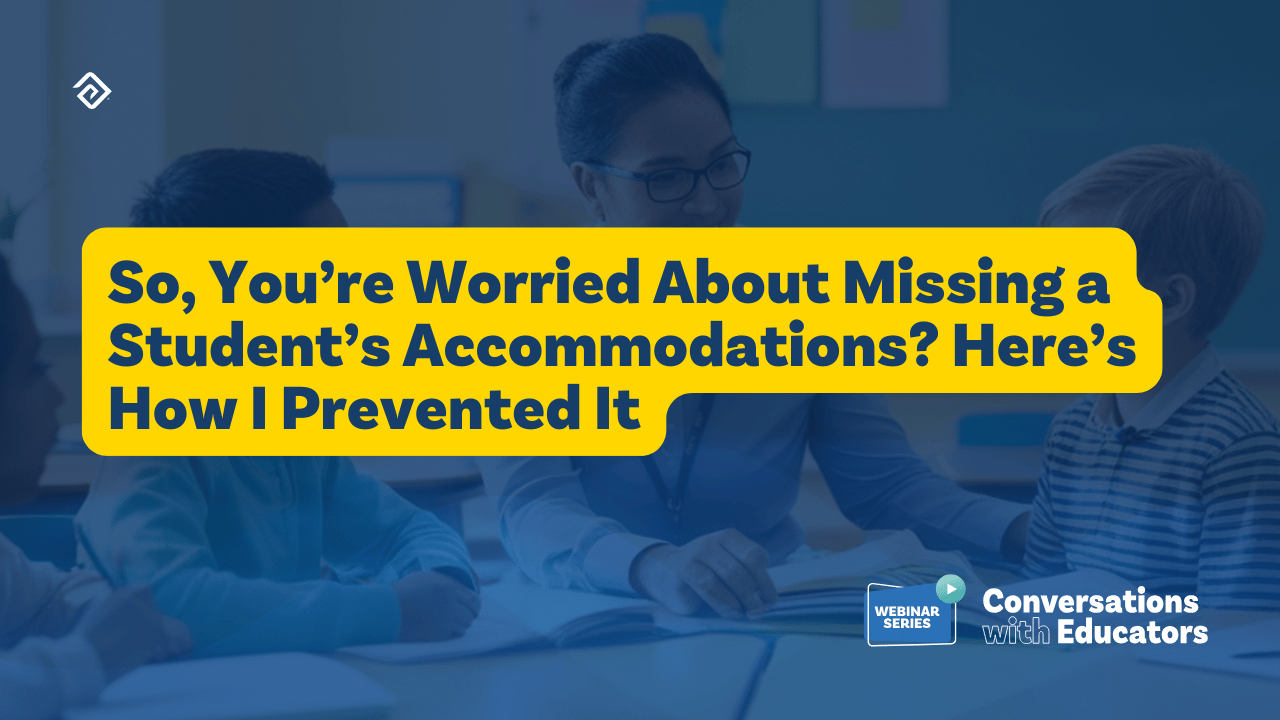The Political Paper Trail of Education Reform: Active Legislation on Curriculum Transparency (Part 1)
The past few years have been eventful for the public education system. Most notably, it has experienced extreme overhaul on the system of curriculum management. With classroom instruction becoming part of the political debate, many state governments have passed legislation in hopes that they could create a positive change.
In all, thirty-four out of fifty states have either passed, tried to pass, or are amid passing legislation for curriculum transparency of varying degrees. While there are a limitless number of critiques that could be made about this approach, the greatest critique is that these policies are being passed so quickly, it can be difficult for educators to keep track of what is being legislated in their state.

To help educators learn more about these policies, below is a comprehensive list of changes that are being made in state governments. While this list cannot be exhaustive, it does give educators an idea of what mandated actions are being asked of schools. This will be a two-part series.
Parental Notification of Content
The first category of mandated actions requires a slight change in a school’s approach to teaching certain areas of content. This type of legislation mandates that schools notify parents of upcoming instruction of content on sexually explicit material and health and physical education.
In Virginia, Senate Bill 656 demands that the Board of Education makes a policy for all public schools to “notify the parent of any student whose teacher reasonably expects” that they will be teaching sexually explicit content soon. This standard of sexually explicit content will be drafted by the Board of Education. Secondly, it invokes the right of parents to “review instructional material that includes sexually explicit content” at their request. Finally, it mandates that schools offer “nonexplicit instructional material and related academic activities” as an alternative to instruction on sexually explicit content if the parent of the student appeals for it.
New Jersey has a more lenient version of this legislation. Senate Bill 2481 asks that each district board publishes an online report of the content covered in Health and Physical Education. This report must be published “in a prominent location on the board's official website information” and the content itself should implement the “New Jersey Student Learning Standards in Comprehensive Health and Physical Education.” Outside of this subject field, New Jersey does not require the district board to publish any other content.
The most recent legislation written in this category comes from Pennsylvania. House Bill 2813 has a two-mandate system. The first being that students from kindergarten to fifth grade are prohibited from receiving instruction on “sexual orientation or gender identity.” The second mandate is like the legislation that has been listed previously: Schools “shall implement a parental notification procedure” linked to health care services that are provided.
Parental Notification of the Right to Access Curriculum
This next category of mandated actions expects schools to make a slight change to their current procedures. With new legislation, schools must notify parents and guardians of their right to access their student’s curriculum at any time. Of course, this requirement may already be informally practiced by schools, which means that these types of policies have little to no effect on districts.
North Carolina is one such school that has turned this action into formal legislation. House Bill 755 is a generic and vague mandate that pushes schools to “establish a procedure for parents to learn about their child's course of study and the source of any supplementary instructional materials.” How this is put into practice is up to the discretion of the affected school districts. This could be as simple as having a webpage that lists the steps to requesting a student’s curriculum.
Georgia has a similar level of generality when writing out this type of policy. A simple procedure that allows parents and guardians to “learn about his or her minor child's courses of study.” For schools in Georgia, it is most important to take note that this procedure is not limited to “parental access to instructional materials intended for use in the classroom.” It could also be discussions with the teacher before the content is taught. Another possibility is that schools notify parents of sensitive content in the weeks before instruction takes place. The details of this mandated procedure can be decided by the school districts.
Assessment of Academic Achievement
There is a singular piece of legislation that covers this area of transparency. In short, this legislation gives the community the right to assess if schools are upholding the rights of students, which includes a report of the curriculum being taught. This is outlined in two separate sections.
The first section of Act 5578 requires the Department of Education to publish a parent and student friendly report that outlines their rights in education. This includes information like a student’s right to have; “sufficient numbers” of qualified educational staff, “suitable and up-to-date curricula,” academic support in areas where they are struggling, adequate disability resources, “up-to-date books, supplies, libraries, educational technology, and laboratories,” and “accessible school buildings.”
The following section of this act mandates that “the board of education or trustees...of every school district within the state...and the chancellor of the city school district of the city of New York” will create a program that engages all individuals who are in direct contact with the student (teachers, support staff, and parents or guardians). This program would be held annually and be a “school level self-assessment" where the community will decide if a school is following the rules and regulations listed in the publication.

Additional Categories
The next category of legislation tackles the biggest changes in legislation, that of posting curriculum. Because this group covers most states, it will be published in the second part of this series.
As educators, it is crucial to know how schools will be affected by state legislation. By keeping up with state policies, educators can follow the political paper trail of education reform and stay proactive.

More Great Content
We know you'll love





